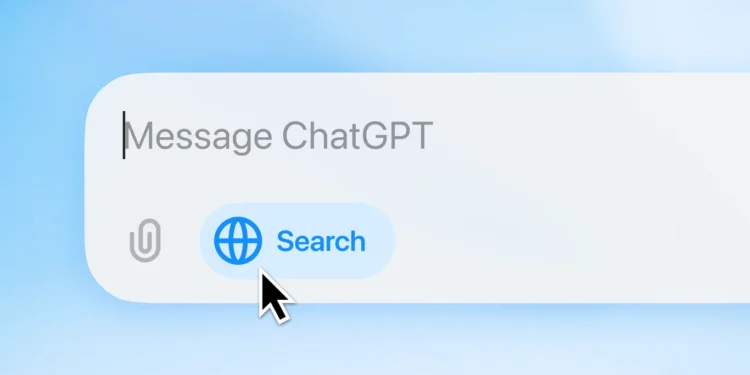In a bold move poised to reshape the search engine landscape, OpenAI has unveiled a groundbreaking search engine integrated into the ChatGPT apps and website, signalling a significant shift in how users might interact with online search tools in the future. This development is especially noteworthy not just for its integration but for its bold decision to remain ad-free, contrasting sharply with the current industry giants.
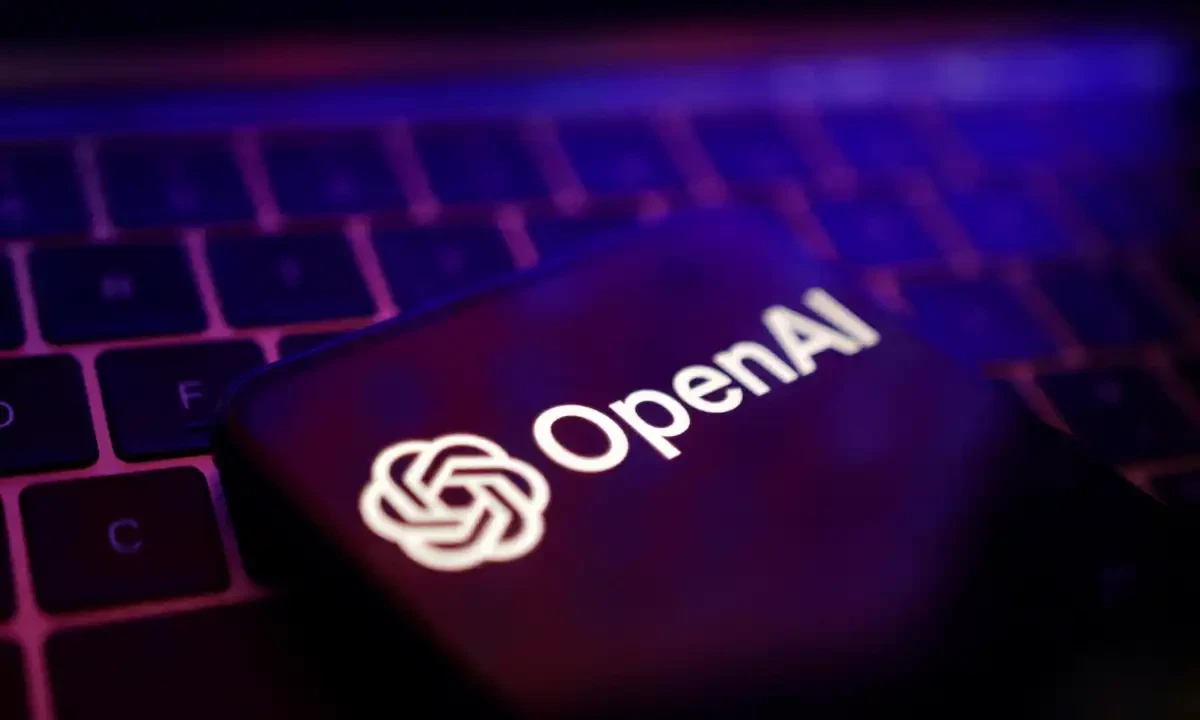
A New Era in Search Technology
OpenAI’s announcement last Thursday introduces a dedicated search engine feature available to individual and team subscribers, with plans to extend access to educational and large business customers soon. Eventually, the tool will roll out to all users, including those of the free ChatGPT product.
This initiative is part of a larger trend as the industry sees a pivot from traditional search methods towards intelligent chatbots that provide concise, contextual information directly to users. Unlike the typical search engines that populate pages of links, ChatGPT aims to deliver straightforward, personalized answers crafted by its AI-driven capabilities.

Personalization at the Forefront
AJ Ghergich, a global VP at Botify, emphasized the personalized aspect of ChatGPT’s search capabilities. He noted, “It gives people answers faster, but it gives people answers tailored to them instead of pages of links.” This personalized interaction was demonstrated when Ghergich used both Google and ChatGPT to find the best Stephen King novel for a scare. While both provided competent suggestions, ChatGPT took a step further by offering a customized recommendation, suggesting “The Shining” based on its understanding of his preferences.
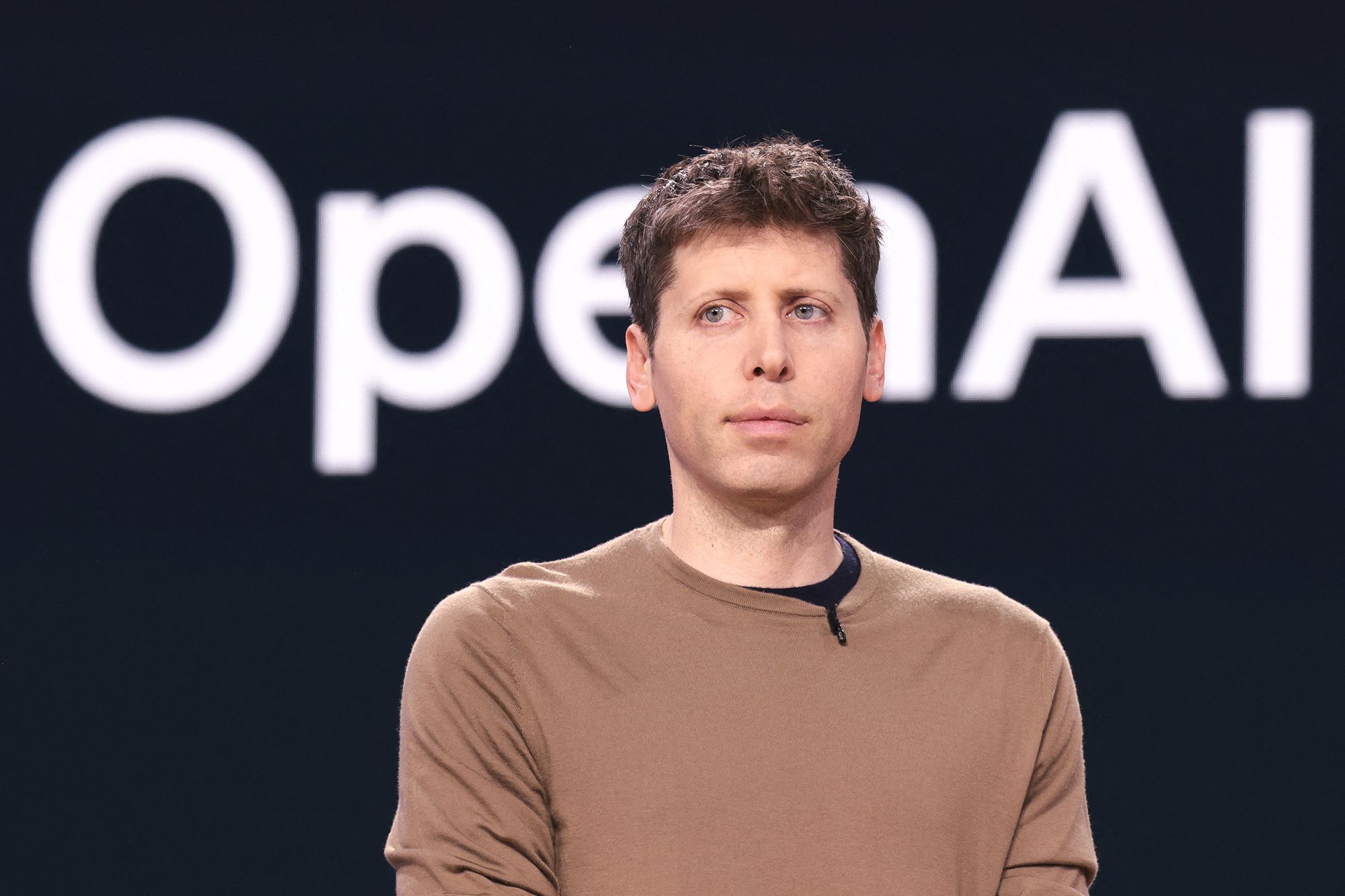
The Features That Set It Apart
The integration of the search engine within the ChatGPT platform allows users to initiate queries directly through a globe icon or have ChatGPT route questions it deems suitable for more detailed, real-time information. The responses, while familiar in tone and format to those versed in ChatGPT’s style, can now include a variety of results such as maps, stock charts, and additional images.
OpenAI has made it clear that this search tool will not feature advertisements nor are there plans to include them, setting it apart from the majority of the market, which relies heavily on ad revenue. This approach could redefine user expectations around search engines and their operational ethics.
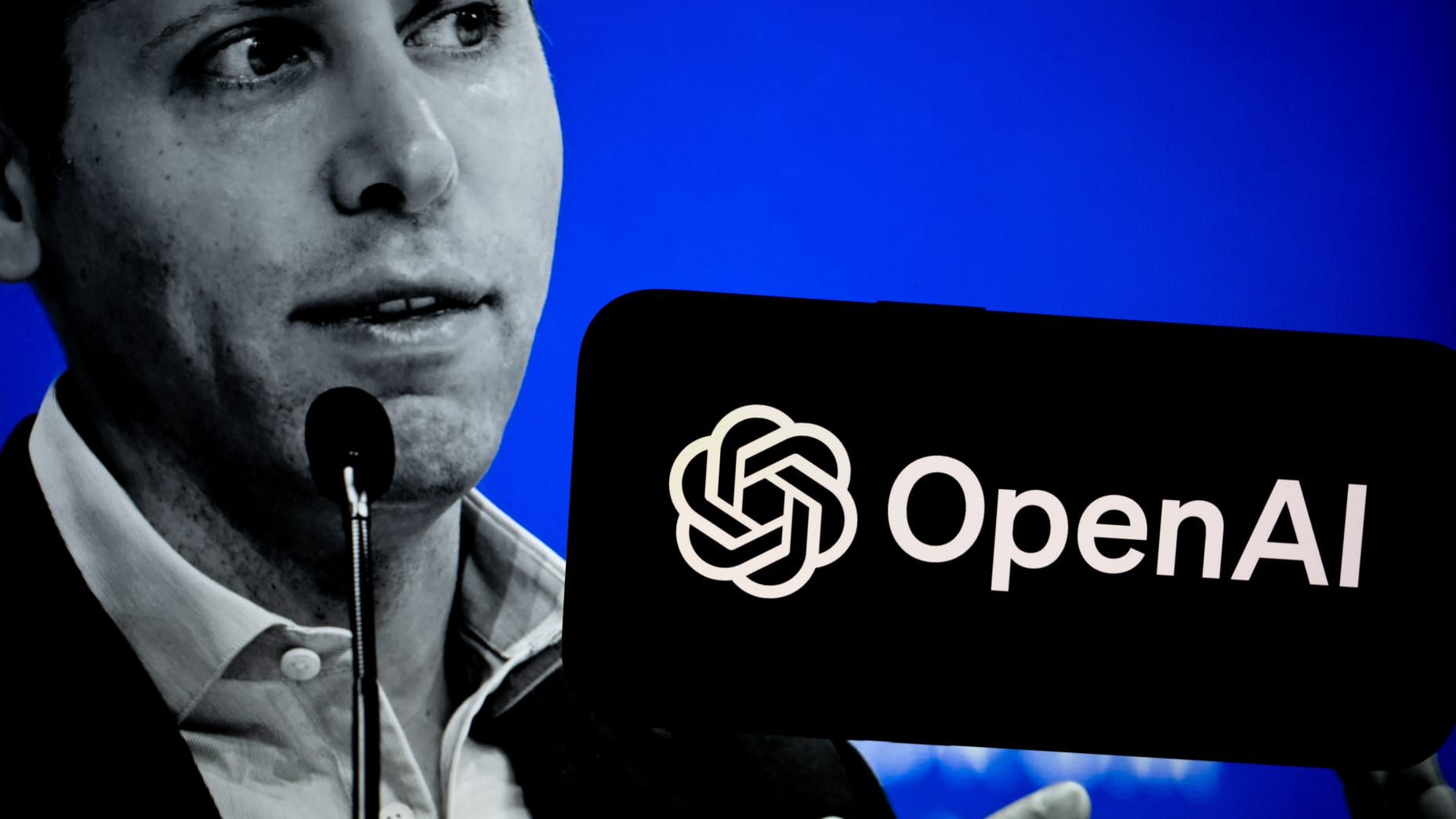
The Implications for Digital Advertising and Publishing
Despite the initial absence of ads, Ghergich predicts that consumer demand might eventually lead to the incorporation of sponsored links, as users seek to act upon the information and recommendations provided by the AI. “It will weirdly come in because the consumer wants it,” he explained, highlighting a potential shift towards transactional interactions initiated by AI suggestions.
For content publishers, however, the change is more ambiguous. While OpenAI utilizes a mix of news sources and allows direct citation links in its search results, the overall impact on traffic to these publishers remains uncertain. The new model could potentially bypass traditional traffic drivers, continuing a trend where publishers feel undercut by technological advancements.
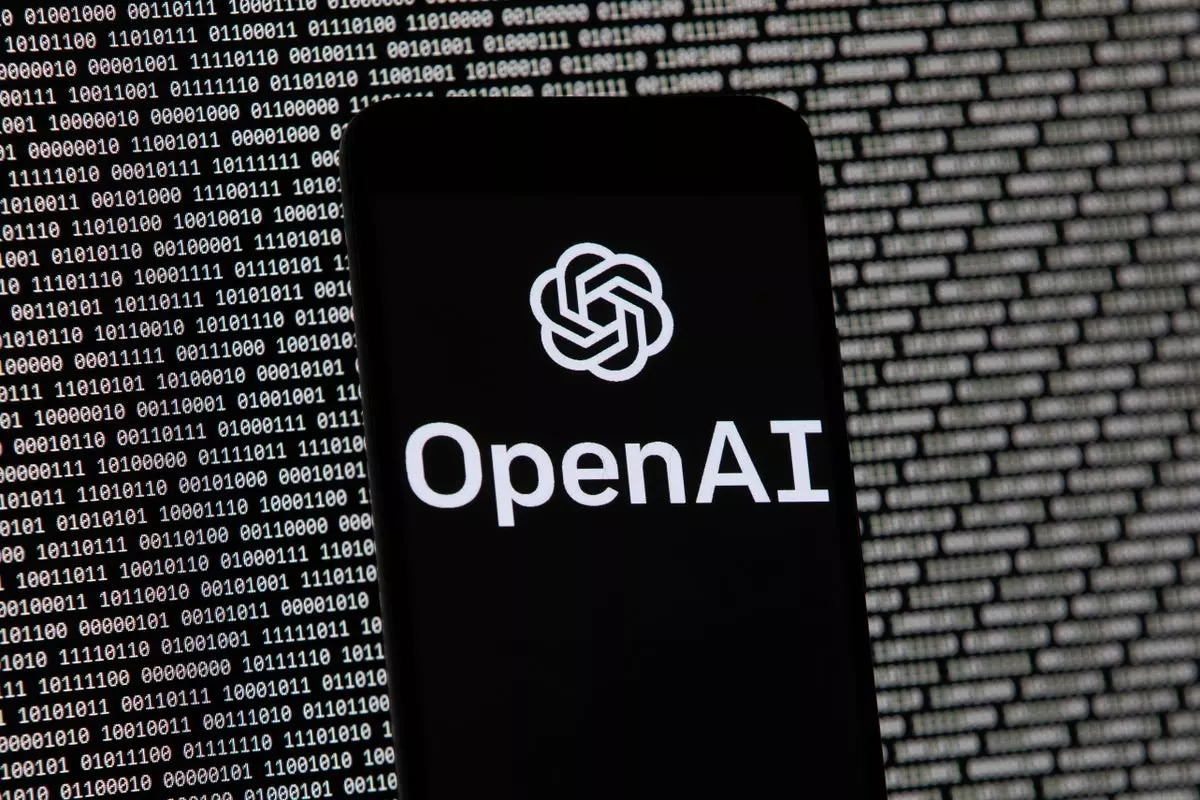
Looking Ahead: A Future Powered by AI
Reflecting on the broader implications, Ghergich likened the transition to the early 2000s when Google overtook Yahoo and transformed the search engine market from a directory-driven approach to a search-focused one. He advised companies to adapt by understanding the new system, what data to share, and how to maintain some control over the output. He suggests that the fundamental consumer needs haven’t changed; they’re just being met through more sophisticated, AI-driven means.
As this new search engine rolls out, the industry watches closely. The potential for OpenAI’s tool to redefine user interactions with the digital world is immense, promising a future where search is not only about finding information but having a conversation with it.

